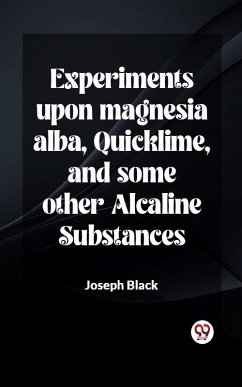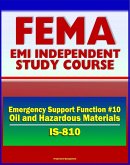"e;Experiments upon Magnesia Alba, Quicklime, and some other Alkaline Substances"e; is a groundbreaking paintings by Joseph Black, a pioneering Scottish chemist and physician of the 18th century. The book outlines Black's meticulous experiments and influential discoveries within the realm of chemistry. In this seminal treatise, Black focuses on the chemical properties of magnesia alba (magnesium carbonate) and quicklime (calcium oxide). Through rigorous experimentation, he explores the reactions of those alkaline substances with acids, imparting crucial insights into the character of chemical reactions. A highlight of Black's contributions is his identification and exploration of carbon dioxide gas at some stage in the reaction between magnesia alba and acids. This seminal discovery laid the basis for the information of gases as wonderful chemical entities, revolutionizing the sphere of chemistry. Joseph Black's paintings on magnesia alba, quicklime, and alkaline substances notably advanced scientific knowledge, mainly within the knowledge of chemical reactions and the homes of gases. His influential experiments set the degree for future tendencies in chemistry, making "e;Experiments upon Magnesia Alba, Quicklime, and some other Alkaline Substances"e; a foundational textual content inside the records of science.
Dieser Download kann aus rechtlichen Gründen nur mit Rechnungsadresse in A, B, BG, CY, CZ, D, DK, EW, E, FIN, F, GR, HR, H, IRL, I, LT, L, LR, M, NL, PL, P, R, S, SLO, SK ausgeliefert werden.









